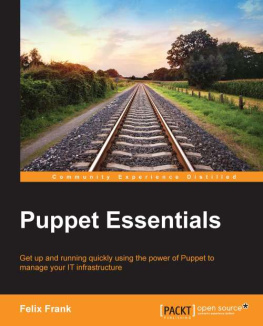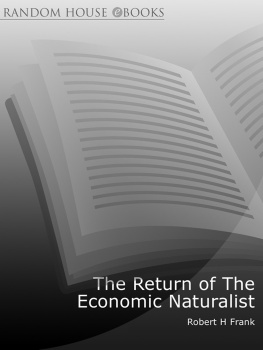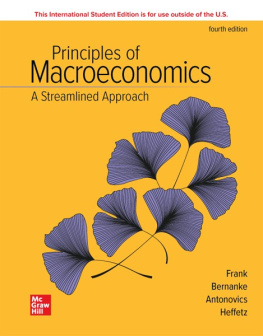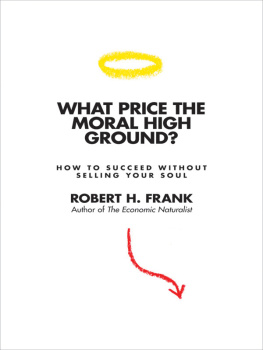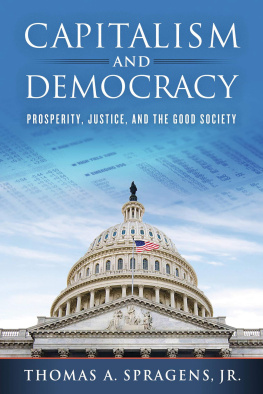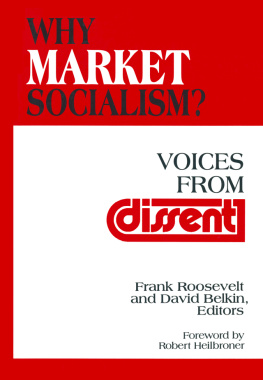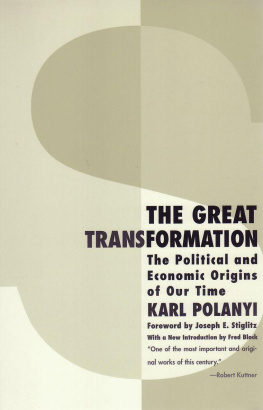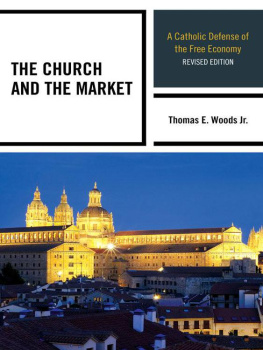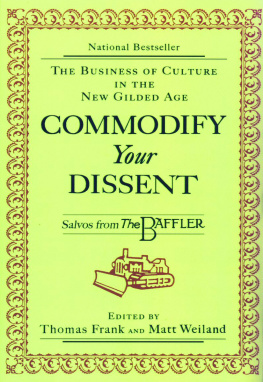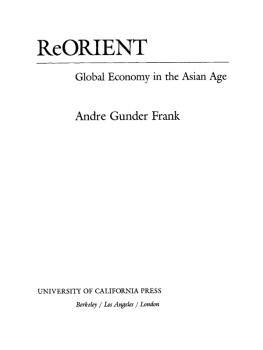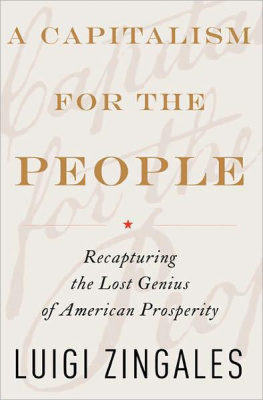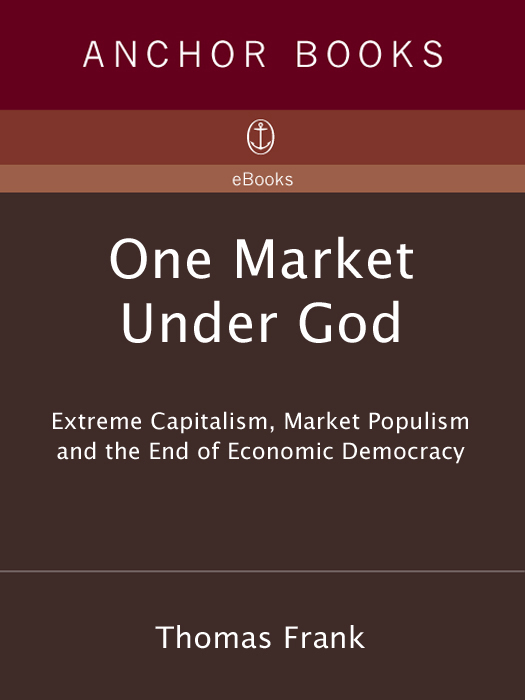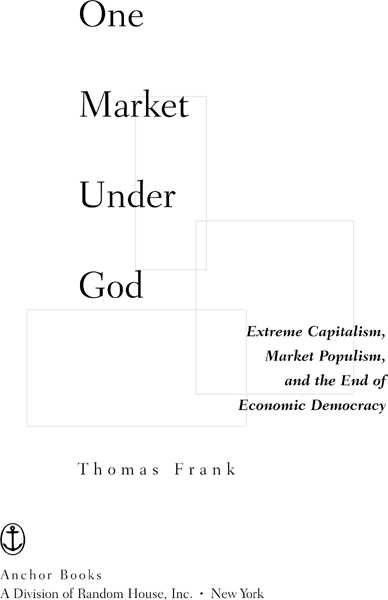Acclaim for Thomas Franks
One Market Under God
The book that foretold the dot-com crash is an indispensable guide to the late 1990s.
Financial Times
[Frank is] among our most insightful social observers, an expert at cutting through the cant of contemporary culture to pinpoint all the contradictions underneath.
Los Angeles Times
One Market Under God is a spectacular book. Note perfect, so far as I can tell.
James K. Galbraith, The Washington Monthly
His work is extremely important, the kind of intelligent dissent that, for the most part, is no longer being done.
Barbara Ehrenreich
The sheer intelligence of Mr. Franks close reading of the promotional rhetoric of Internet globalization ideology is dazzling.
Ron Rosenbaum, The New York Observer
Tip this book. Pour some of its bracing tonic into your hands. Slap it on your face. Ah, you needed that.
Peter Lewis, Kirkus Reviews
Frank has that rare quality possessed by only the most brilliant critics: his prose inhabits the sensibility of the alternate world he wants to see rise from the ashes. It is the sensibility of not only a more just world but also a livelier one.
The Boston Phoenix
One Market Under God does for the latter-day market worshippers, cyber-hustlers, and New Economy bubble-blowers what Sinclair Lewis did for the Babbitts and Zenith Chambers of Commerce of the Roaring Twenties.
Kevin Phillips
You will never read a more amusing book about the stock market. One Market Under God is a lively work, establishing Frank as one of the essential critics of his generation.
The Midwest Book Review
Frank manages to write about the 90s as if he were a historian of the distant futureable to look back on all the hullabaloo with disillusioned clarity. The effect is a fusion of sarcasm and insight that make his arguments compelling, and very worrisome.
Newsday
Tom Frank is a brilliant pain in the ass. While you may not agree with all he says herein (I threw the book across the room eleven times), his style is always engaging and very frequently funny, and his message his violent and merciless destruction of the myths of the New Economyblasts through our willing ignorance and thus must be heard.
Dave Eggers
Frank is a thoughtful and impassioned observer of his own time. One Market Under God is so rich and provocative that any quick overview like this runs the risk of dumbing the book down and drying it out.
Maureen Corrigan, Book Critic for Fresh Air
Frank is a dazzling writer, with a wit that recalls H. L. Menckens.
Salon
At last, a brave, witty dissent from the hype and cant of the so-called New Economy! An astonishingly well-written argument on behalf of American workers who have seen their jobs disappear, their benefits cut, and their incomes reduced in the name of the great global marketplace.
Terry Golway
Frank is brilliant and often hilarious in describing [the] reversal of elites and populists. Absolutely worth reading.
San Francisco Chronicle
This great book is like a roaring new version of Thomas Carlyle, with a dash of Tom Wolfe: only the bonfire here is on a much higher flame. As Frank shows, American business has been stripping us of our language in a way that makes Corts and the conquistadores look like crude amateurs. His new book is an exciting dare to all of us to take the language back.
Thomas Geoghegan
This is a voiceinformed, angry, egalitarianthat has not often been heard in the American conversation for a couple of decades.
Tim Adams, London Observer
Frank is to be commended for his extraordinary endurance in simply collecting and cataloging the range of atavistic poppycock that sustains most conventional commentary on markets. That he does so with an engagingly dry wit and an apparent personal immunity to hyperbolically ignorant prose is worthy of gratitude.
Michael King, The American Prospect

Thomas Frank
One Market Under God
Thomas Frank is a founding editor of The Baffler, a magazine of cultural criticism. He holds a Ph.D. in American history from the University of Chicago and is the author of The Conquest of Cool and the national bestseller Whats the Matter with Kansas?: How Conservatives Won the Heart of America and coeditor of Commodify Your Dissent: Salvos from The Baffler.
ALSO BY THOMAS FRANK
Commodify Your Dissent: Salvos
from The Baffler (coedited with Matt Weiland)
The Conquest of Cool: Business Culture, Counterculture,
and the Rise of Hip Consumerism
In a time of faith, skepticism is the most intolerable
of all insults.
Randolph Bourne,
The War and the Intellectuals
Contents
Preface:
A Deadhead
in Davos
In February 1996, Congress passed the Telecommunications Act, a typical economic artifact of the Age of Clinton. While it inspired almost no debate in the nation at large, it was the object of hot controversy among the various broadcasting and telephone companies themselves, whose business it aimed to deregulate. Once the laws provisions had been agreed upon by lobbyists and legislators, its passage through Congress was assured by the generous donations that broadcasters had long made to legislators reelection campaigns. Not that such inducements were wholly necessary to bring our representatives around. Deregulation was one of the central tenets of the free-market faith of the nineties, something that both President Clinton and the Republican Congress agreed was in the best interests of all. For them the Telecommunications Act was just another great push in the triumphant rollback of big government that had already been under way for fifteen years. As such, it was passed by a huge majority acting in the finest spirit of bipartisanship.
The new law removed certain long-standing restrictions on ownership of media properties, and after its passage the industry promptly embarked on a spree of buyouts and monopoly building, with telephone and cable systems merging and converging in a whirling tangle of free-market ebullience that continues to this day. More important, though, the Telecommunications Act cut the public out of the loop. The airwaves have always been public property; any thorough reordering of the system of broadcast licensing should rightly have involved considerable public discussion over the countrys media structure. But the new law closed off the prospect of such a troublesome and potentially embarrassing debate by simply giving away $70 billion worth of digital frequencies to existing broadcasters.
A few isolated critics warned that the growing concentration of the information industry constituted a threat to democracy. But according to the popular economic orthodoxy of the day, the exact opposite was the case: Real democracy was only possible when market forces had been liberated, when money was free to do its thing. What would ensure that broadcasters served the public was not congressional oversight or the meddling of some officious know-it-all regulator but the polls and focus groups and market research done by the broadcasters themselves. If we got lousy news or bad radio or crappy movies, we had only ourselves to blame.


